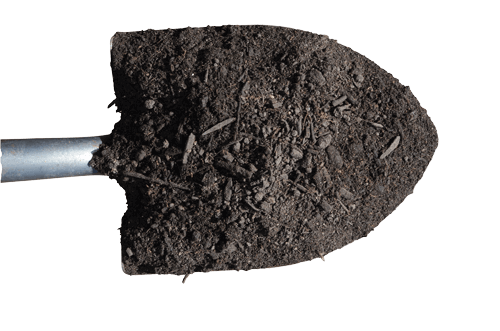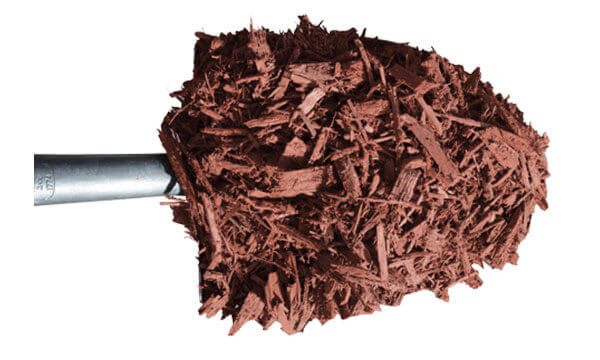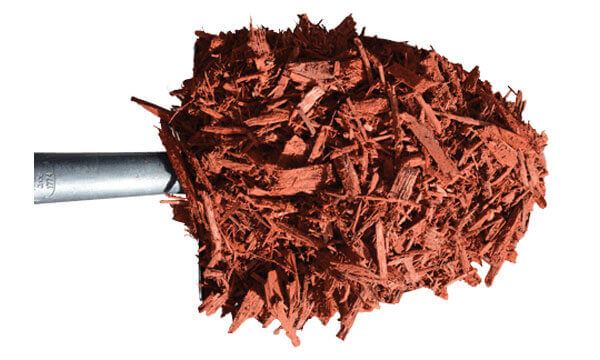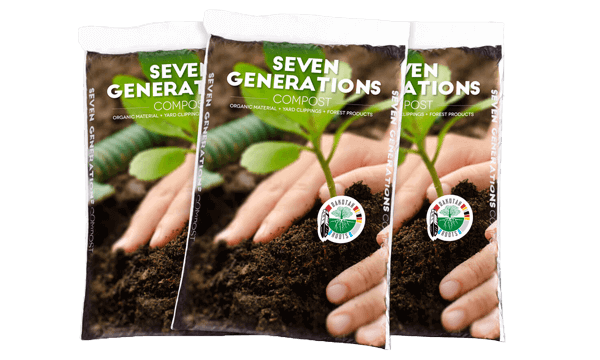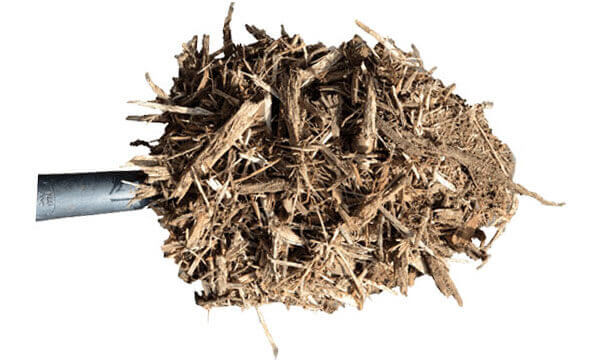The SMSC Organics Recycling Facility is one of only two sites in the Twin Cities metro area that compost food waste on a large scale. The other site is owned by Specialized Environmental Technologies. Both facilities take in tons of waste every year from grocery stores, restaurants, businesses, and homes. However, COVID-19 has created new challenges for organics composting. With more people staying home, there has been a growing interest in recycling food waste on a smaller scale.
Many people are cooking and eating at home rather than bars and restaurants, which in turn has led to an increase in the amount of household-generated food waste. Rather than just tossing those peels and rinds in the trash, consider trying your hand at composting from home! Home composting can take leftovers, waste, and unwanted extras and turn them into fertile soil to boost the productivity of gardens and landscapes. It’s also free, easy, and good for the environment.
Although the Fall Yard Waste Drop-Off program was canceled, you can still do your part to be more environmentally friendly—starting with composting at home. We all play a part and together we can keep organics out of the trash and put them to better use.
Tips for Composting at Home
If you’ve started—or would like to start—composting at home, here are a few things to keep in mind, courtesy of the city of Minneapolis:
- Keep a pail or other small container in a convenient location in your kitchen, such as on your counter or under the sink.
- Label bins so guests know where to put organics.
- Scrape food preparation scraps, leftovers, and spoiled or stale food into an organics container.
- Collect napkins, paper towels, and other non-recyclable food-soiled paper, as well as BPI-certified compostable plates, bowls, cups, containers, and utensils.
- To reduce odor, keep “wet” organics such as meat and fruit peels in a container in the refrigerator or freezer.
- If your city offers the cart program, place organics in brown paper bags or BPI-certified compostable bags in your green organics cart once a week for collection.
Items that are OK to compost:
- Fruits and vegetables
- Meat, fish, and bones
- Dairy products
- Eggs and eggshells, and paper egg cartons
- Bread and cereal
- Nuts and shells
- Soiled napkins, paper towels, and tissues
- Coffee grounds and filters
- Tea bags with paper filters
- Certified compostable or PLA cups, plates, bowls, and utensils
- Houseplant trimmings
Items that should not be composted:
- Grease or oil
- Cartons (milk cartons, juice boxes, soup, and wine cartons)
- Diapers and sanitary products
- Animal waste and litter
- Refrigerated and frozen food boxes
- Microwave popcorn bags
- Fast food wrappers
- Cleaning or baby wipes
- Containers that aren’t BPI-certified as compostable
- Recyclable items such as cartons, glass, metal, paper, or plastic

